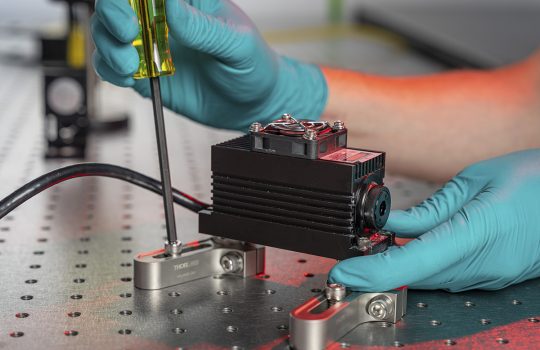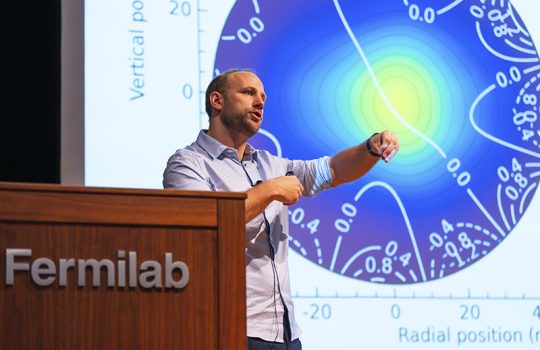US scientists complete laser lab for world’s largest vertical atom interferometer
Interesting Engineering, January 8, 2026
A state-of-the-art experiment at Fermilab is one step closer to collecting experimental data with the completion of a laser laboratory that houses its advanced laser systems




